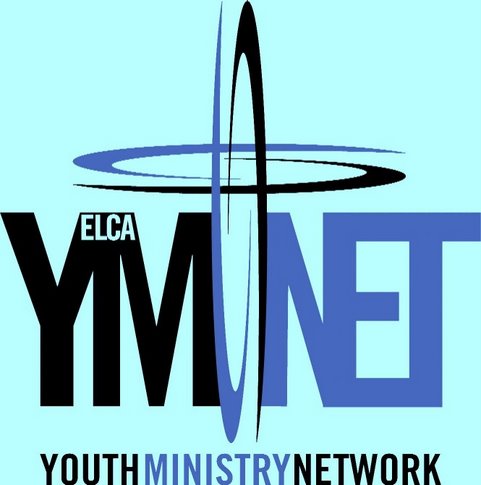 Here are some questions on chapters 7-10 in Yaconelli's Contemplative Youth Ministry. You don't have to answer all of them; simply pick and choose. Have fun! I look forward to your contributions.
Here are some questions on chapters 7-10 in Yaconelli's Contemplative Youth Ministry. You don't have to answer all of them; simply pick and choose. Have fun! I look forward to your contributions.There are 5 categories or ways of being with young people. Which one comes most naturally for you? Why? Which one is most difficult? Why? Do you see any practical or theological problems with these categories?
Chapter 8: RememberingYaconelli offers 2 prayer practices intended to help us remember. What might be the pros and cons of these practices?
Chapter 9: Forming the Beloved CommunityWhat does Yaconelli claim as the benefits of engaging ministry as a community versus as an individual? Relate this to your ministry experience. Where has community empowered ministry? When has isolation threatened it? Has the opposite ever been true in your experience?
What do you think about the calling process (pgs. 150-156)? Is it realistic? Worthwhile?
Chapter 10: The Liturgy for DiscernmentCan you see this type of "leadership meeting" working in your current ministry setting? Why or why not?
Again, feel free to respond to one or many.God's peace,
Jeremy





